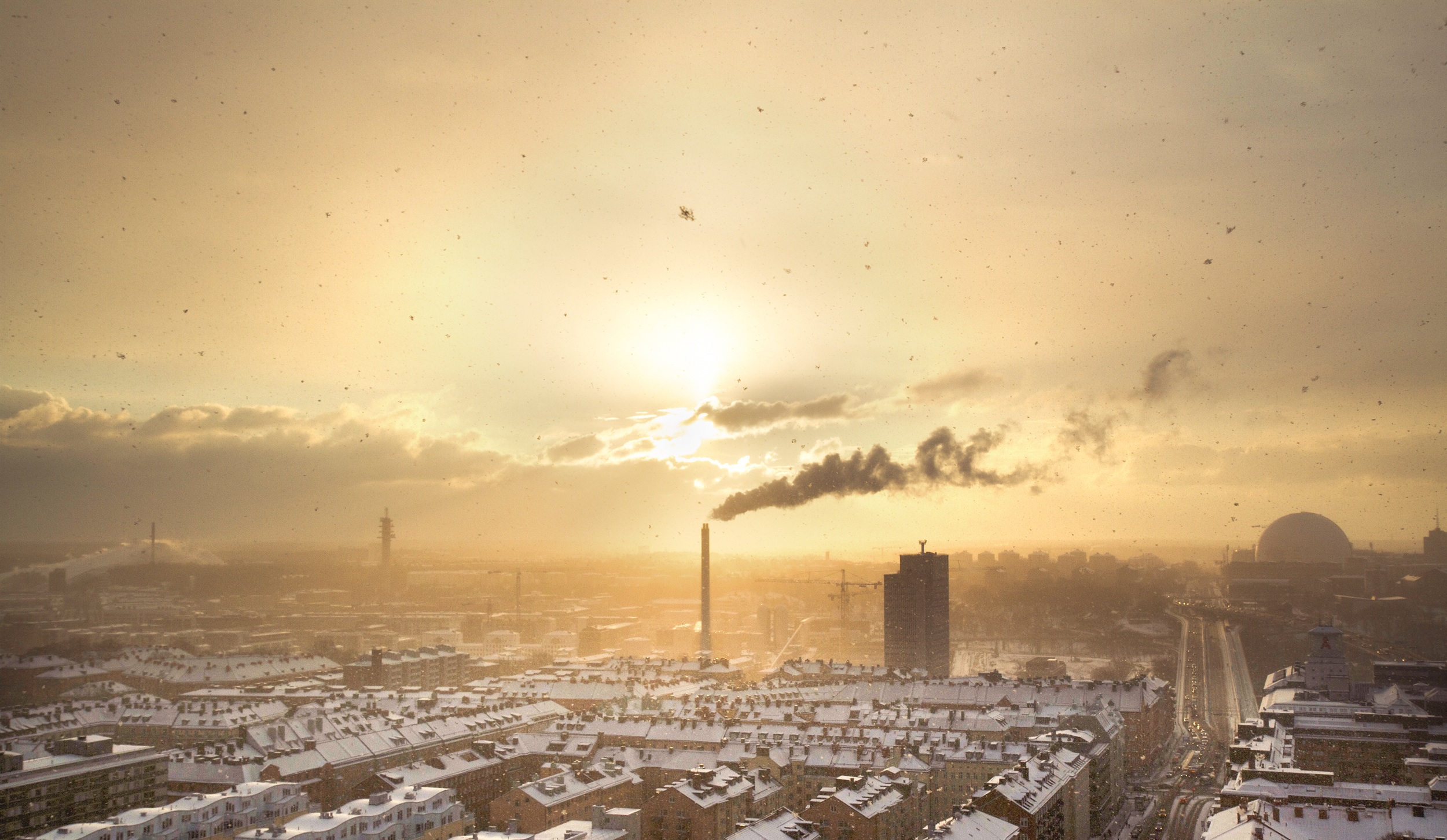China’s pharmaceutical industry cools down amid heating season 2017 18
Publish time:12/6/2017 12:00:00 AM Source: CCM
Information collection and data processing: CCM For more information, please contact us
As China’s heating season has approached, the government is taking actions to counter the higher air pollution caused by heating processes. This affects especially the pharmaceutical industry in Northern China, which belongs to one of the highest polluting industries in the country. Reduced supply and higher prices are likely to follow.

Enterprises which are buying pharmaceutical products from China should inform themselves if their suppliers are affected by the production limitations in the heating season 2017/18 in China. As a result, the supply from China might be limited and prices could climb to a higher level when inventories are getting out of stock.
The heating season in the northern part of China is traditionally ranging from November to March. Hence, in this season, many high-polluting industries are forced to suspend their production from the middle of November 2017 to the middle of March 2018, in order to counter the high pollution caused already by the heaters. Many enterprises are not allowed or only partly allowed to produce drugs and pharmaceutical products for about 4 months in total, which is one quarter of the year.
The government emphasizes the importance, urgency and difficulty of atmospheric pollution control, especially in the big cities in the Northern parts of China. All in all, 28 cities will be affected by the suspensions, covering hundreds of pharmaceutical enterprises which are located in the affected regions. Beijing has announced to suspend the production of many polluting industries, like steel, coal, agrochemicals and more, but each industry is treated differently, based on the necessary of the products for the population and industry as well as in the level of pollution.
For the pharmaceutical industry, the government has published an announcement in early November, that states the local authorities in China’s northern provinces and cities should decide which productions are going to be suspended, the duration of the suspension, and the depth of the suspension for pharmaceutical enterprises.
According to the announcement, active pharmaceutical ingredient (API) production in China’s northern regions must be suspended if volatile organic compounds (VOCs), are discharged. Notably, China is a major API-producing country, and has the highest output and capacity of fermentation-type drugs in the world, according to market intelligence form CCM. API production generates large amounts of the three waste types waste gas, wastewater, and industrial waste, and therefore causes serious pollution.
What’s more, it is to be expected that overseas mergers and acquisitions by Chinese enterprises will become more frequent and orderly in the coming year, despite a drop this year. China’s enterprises wrapped up 572 outbound deals worth USD97.7 billion from H1 to H3 2017, down 39% in value from a year ago. In volume terms, activity was down 15% year on year. After skyrocketing growth in 2016, the pace of growth over the first three quarters of 2017 followed a more rational pattern.
About CCM
CCM is China’s market intelligence provider for the industries of agriculture, chemicals, and food & feed.
If you are interested in more and regular information on China’s pharmaceuticals market, including market dynamics, company news, politics, trade, and other newsworthy stories, try out our monthly newsletter on China’s vitamins and minerals market.
People who read this article also read what the article
- TiO2 Double Hikes Under Squeeze: Cost Pressures, Anti-Dumping & Giants' Breakthrough 2025/03/17
- China's Surge in Lithium Ore Reserves Ushers in New Opportunities for the Industry 2025/01/13
- Sugar market outlook for 2025: supply and demand slowing down 2025/02/28
- Feb - Mar 2025: Herbicide Market Highlights with New Trends 2025/03/05
- The organophosphorus pesticide market in 2024: Supply and demand fluctuations 2024/12/17
- Insight into Pesticide Market: Current Analysis and Future Trajectories 2025/02/14
- Lithium battery insight: Vehicle & storage as future dual-drivers. 2024/12/13
- China Phosphorus Chemicals Market: Tight Supply-Demand Balance Keeps Phosphoric Acid Price High 2024/11/15
- China's Pesticide Water Agent Trade: Export Surge & Domestic Tech-Driven Global Shift 2025/03/07
- International Trade Bulletin: Fertilizer Industry Dynamics and Market Analysis 2025/01/06